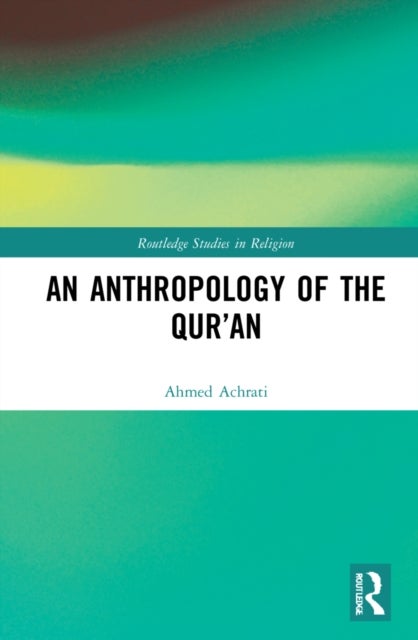
An Anthropology of the Qur'an av Ahmed Achrati
1759,-
<P>This book presents an anthropological study of the Qur¿an, offering an unprecedented challenge to some of the epistemological and metaphysical assumptions of the <I>taw?idic</I> discourses. Combining primary textual materials and anthropological analysis, this book examines transcendence as a core principle of the Qur¿an, uniquely signified in the divine name <I>al-Quddus </I>(the Holy). It shows how the <I>taw?idic</I> representations of Allah constitute an inversion of this attribute; examines how this inversion has been conceived, authorized, and maintained; and demonstrates how it has affected Islamic thinking and practices, especially as relates to authority. This book also explores how a return to the Qur¿anic primacy of God¿s otherness as <EM>al-Qudd</EM><EM>u</EM><EM>s</EM> can influence Islamic thinking and practices moving forward. Therefore, it will be highly useful to scholars of Islamic Studies, philosophical theology, Qur¿anic studies, political science, ethics, anthro








